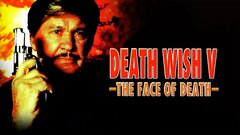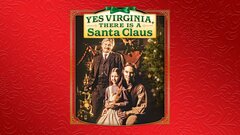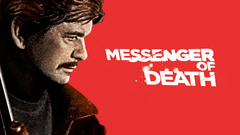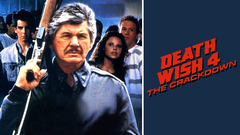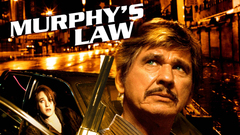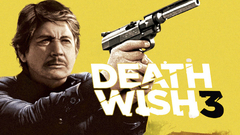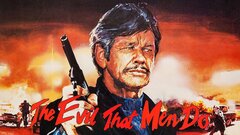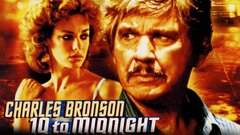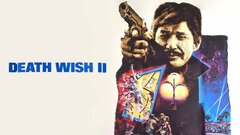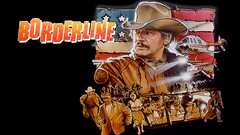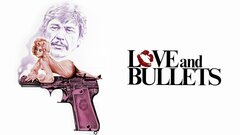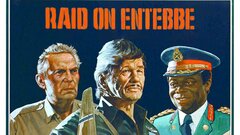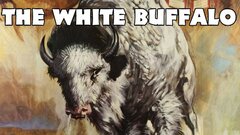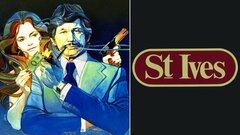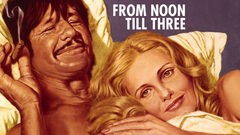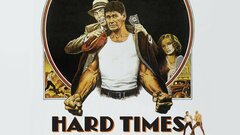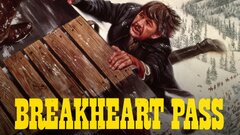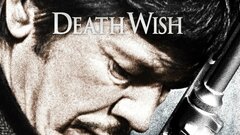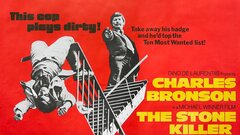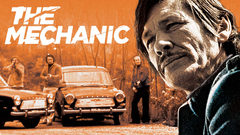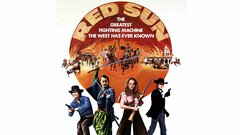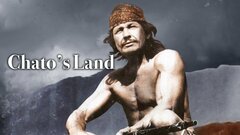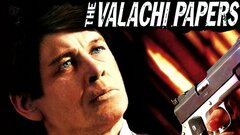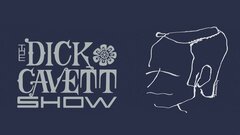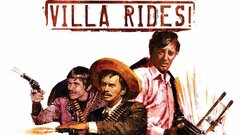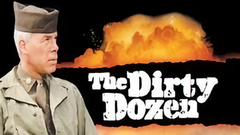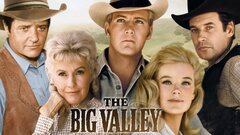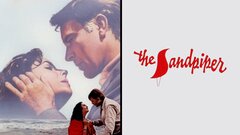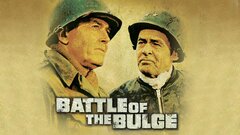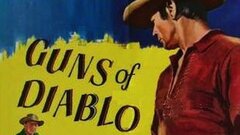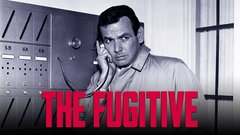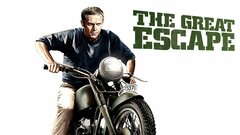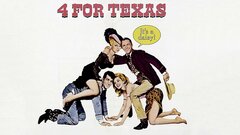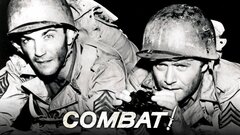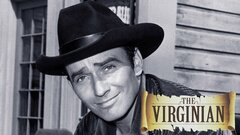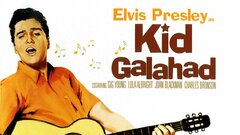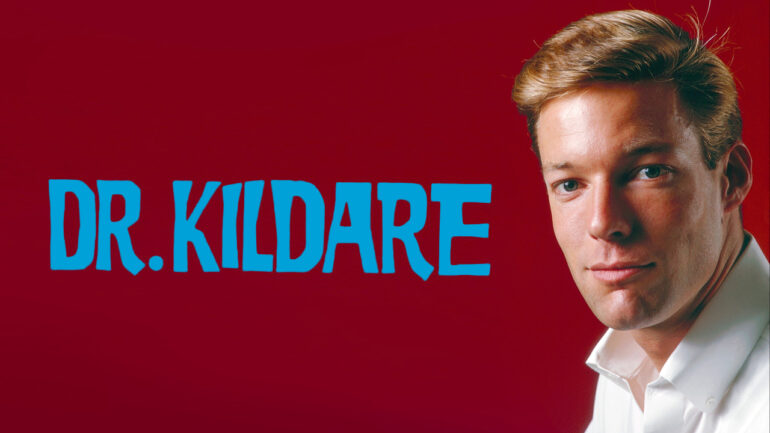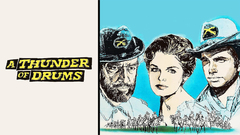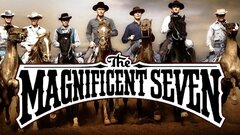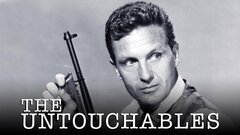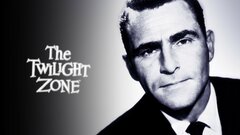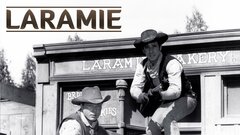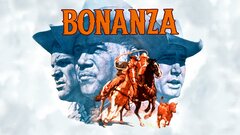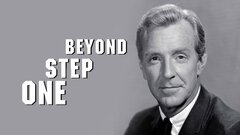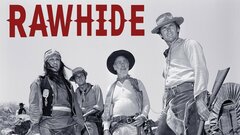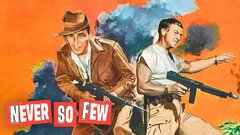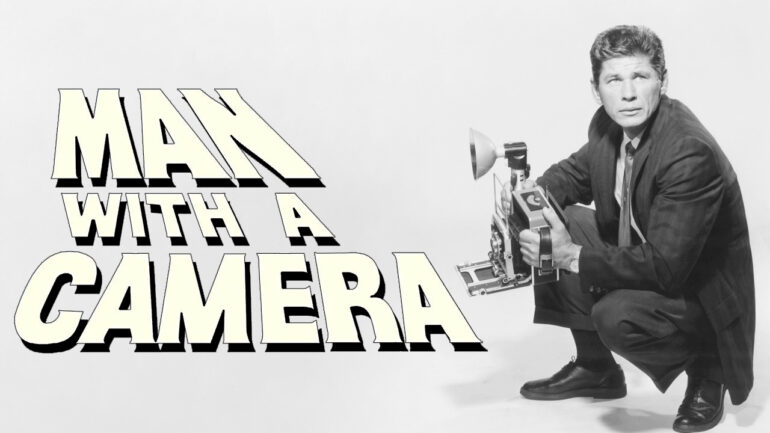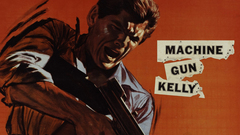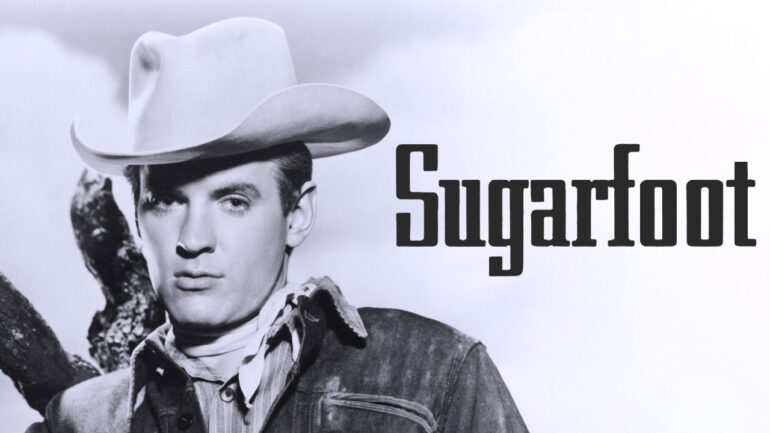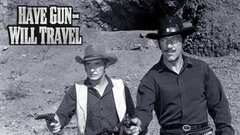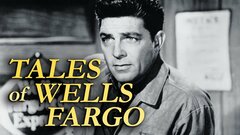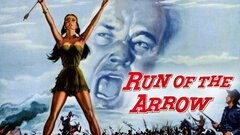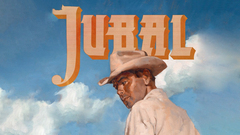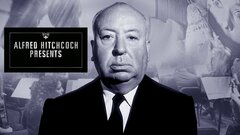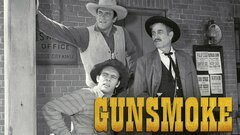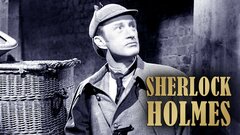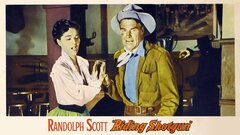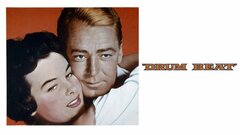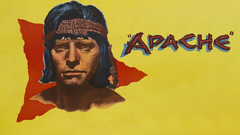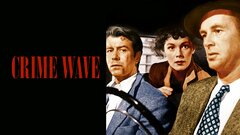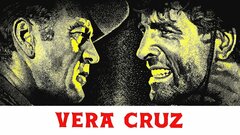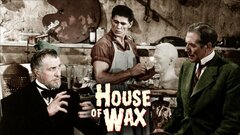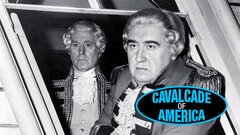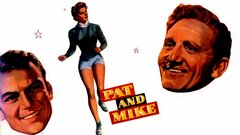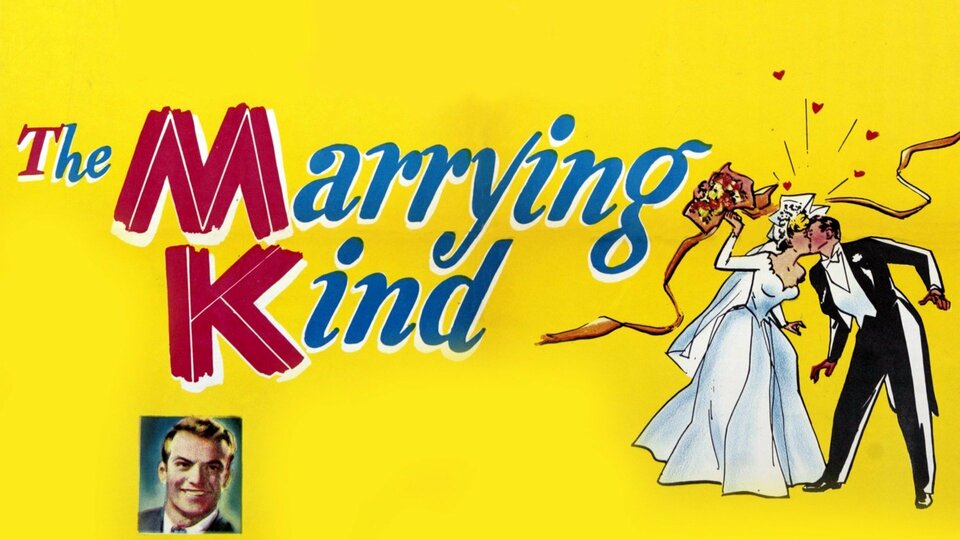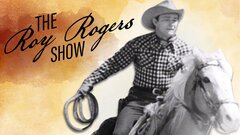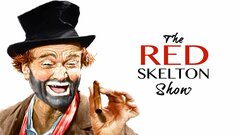An iconic star in international films for over four decades, Charles Bronson's granite features and brawny physique provided believable intensity in such blockbuster films as "The Magnificent Seven," (1960) "The Great Escape" (1963), "The Dirty Dozen" (1967) and "Death Wish" (1974). A man of few words both on screen and off, Bronson needed no makeup or special effects to portray men who brought swift vengeance against those who disturbed their peaceful, solitary lives. In films like "The Mechanic" (1972) and "Chino" (1973), Bronson's characters toed the line between human and supernatural force with their seemingly impossible command of stealth and their own physicality.
However, Bronson's best roles allowed a glimmer of humanity in the steely exterior of his heroes; his "Tunnel King" in "Great Escape" was claustrophobic, while the bare knuckles boxer in "Hard Times" (1973) wore desperation like the cheap duster that covered his broad shoulders. Having been brought up in poverty, he understood struggle, and his most memorable films allowed him to depict that raw need. In private, he chafed at being an action star, but would continue to mow down bad guys well into the early 1990s in low-budget thrillers that were far beneath his talents. Bronson's death in 2003 closed the book on one of Hollywood's longest-running and most reluctant tough guys.
Stories about Charles Bronson's early years varied from source to source, though all were in agreement that he was born Nov. 3, 1921 in the Scooptown section of Ehrenfield, a coal-mining town in Pennsylvania. The eleventh of 15 children born to his Lithuanian parents, he was reportedly born Charles Dennis Buchinsky, though other sources cited his name as Karolis Bucinskis, Casimir Businskis and Charles Buchinski. His childhood was marked by dire poverty; according to one story, Bronson was forced to wear his sister's dress to school because the family could not clothe all the children. His father died when Bronson was 10, forcing him to work in the mines to support his family. Despite this hardship, and the fact that Bronson spoke no English until he was in his teens, he was the first member of his family to graduate from high school.
In 1943, he was drafted into the United States Army Air Force, where he served as a B-29 Superfortress crewman. After the war, Bronson worked at various menial jobs in New York and New Jersey. While renting beach chairs on the Atlantic City boardwalk, he met vacationing actors from Philadelphia, whom he convinced to allow him to paint scenery for their plays. They eventually made him a member of the troupe, where he found his true calling as an actor. A short stint in New York City, where he roomed with fellow aspiring actor Jack Klugman, preceded his relocation to California, where he studied at the famed Pasadena Playhouse. His film debut came in 1951's "You're in the Navy Now," which in later years he would claim he nabbed by being the only actor who could belch on cue. For the next seven years, Bronson would appear in bit and minor roles in a wide variety of films and television episodes, usually credited as either Charles Buchinsky or Charles Buchinski.
Powerfully built, with a gravelly voice and a flinty stare, he was frequently cast as brawlers, hoods or soldiers, like Vincent Price's mute henchman, Igor, in "House of Wax" (1953) or the murderous Pittsburgh in Robert Aldrich's Western "Vera Cruz" (1954). His dark complexion and slightly Asian appearance - a trait from his father's Lipka Tatar bloodline, which could be traced back to the Mongol hordes - allowed him to also play a wide variety of ethnic roles, including Mexicans and Native Americans, like the bloodthirsty Modoc warrior Captain Jack, who wore the uniforms of his slain cavalry foes in Delmer Daves' "Drum Beat" (1954).
The latter film marked his screen debut under the name of Charles Bronson, which would be his screen moniker for the remainder of his career. The change had been reportedly motivated by the House Un-American Activities Committee's inquiries into Communists in Hollywood; thinking that a Slavic sounding name like Buchinsky might attract attention, he took the new surname from Paramount Pictures' Bronson gate, which stood at the corner of Melrose Avenue and Bronson Street. By this point, Bronson had worked his way up to supporting roles before landing his first lead as the title role in Roger Corman's "Machine-Gun Kelly" (1958). A highly fictionalized look at the life of the notorious criminal of the Roaring Twenties, it earned high marks from critics and showed that Bronson was capable of carrying a project.
That same year, he launched a two-year run as the hero of "Man with a Camera" (ABC, 1958-1960), a crime series with Bronson as a WWII combat photographer who moonlighted as a detective.
In 1960, Bronson landed his first iconic role as Bernardo O'Reilly, an Irish-Mexican gunfighter who joined "The Magnificent Seven" (1960) in its defense of a tiny village against Eli Wallach's bandits. Though a deadly gunman, O'Reilly showed sympathy for the villagers, especially its children, all of whom he died while defending. A worldwide success and a high water mark in Western and action movies, the film helped to elevate Bronson's status even further in Hollywood. He soon followed this with equally substantial roles in major films like "The Great Escape" (1963) as "The Tunnel King," a dogged RAF lieutenant who dug the escape routes out of a fortress-like German POW camp; the doomed Major Walenski in "Battle of the Bulge" (1965); and Joseph Wladislaw, one of the more honorable members of "The Dirty Dozen" (1967), and one of the sole survivors of the criminal team's assault on a Nazi compound. Despite these and less action-oriented turns in "The Sandpiper" (1965) and "This Property Is Condemned" (1966), Bronson was frustrated by the fact that he had not advanced beyond the status of supporting actor.
In interviews, he stated that he believed he was too masculine to be a Hollywood leading man. Someone who found Bronson particularly appealing was the spouse of one of his "Great Escape" co-stars. While making the war film, Bronson met David McCallum's wife, actress Jill Ireland, and reportedly told him, "I'm going to marry your wife." That bold statement came true in 1968, when Ireland left her husband for Bronson. They were married that year.
However, Europe had developed a fascination for Bronson's rugged, taciturn performances, which personified their audiences' impression of American movie heroes. In 1968, he made "Guns for San Sebastian" (1968), an Italian Western with Anthony Quinn and Bronson as yet another brutal Native American. But French star Alain Delon, who had been a fan of Bronson's performance in "Machine-Gun Kelly," invited him to co-star in "Adieu l'ami" ("Honor Among Thieves") (1968), a French action-thriller that pitted the stars, as European mercenaries, against a Congolese oil company. That same year, he was top-billed as the implacable Harmonica, the quiet but deadly anti-hero of Sergio Leone's Western epic, "Once Upon a Time in the West."
Bronson had originally been one of Leone's choices to star in his groundbreaking "Fistful of Dollars" (1964), but the actor had passed, which granted Clint Eastwood his ticket to stardom. "West" showed that Bronson was every bit the equal of Eastwood in terms of portraying a stoic hero, and he held his own opposite an impressive cast that included such Hollywood legends as Henry Fonda, Jason Robards and Claudia Cardinale. The film's popularity led to Bronson becoming something of an icon in Italy, where they dubbed him "Il Brutto" or "The Ugly."
The following year, Bronson was top-billed in "Rider on the Rain" (1969), a violent thriller about an American Army colonel on the trail of a serial rapist. Bronson's popularity in Europe helped to earn the film a Golden Globe for Best Foreign Film in 1971, which in turn sparked greater interest in his career in the United States. A slew of Continental action films and dramas, including "Someone Behind the Door" (1971) with Anthony Perkins, and the offbeat Western "Red Sun" (1971), with Bronson, Delon and Toshiro Mifune on the trail of missing samurai sword.
resulted in Bronson earning the Henrietta Award for "World Film Favorite - Male" from the Golden Globes in 1972. That same year, Bronson returned to Hollywood to begin a string of intense, violent thrillers and action pictures that would mint him as one of the biggest stars in the world for the majority of the decade.
Beginning with 1972's "The Mechanic," starring Bronson as a workman-like assassin, the actor would enjoy a string of hits playing variants on solitary, no-nonsense men who let their fists and guns do the talking. British director Michael Winner would helm the majority of these efforts, including "The Mechanic," "The Stone Killer" (1973) and "Death Wish" (1974), his biggest and most controversial film of the decade. Based on the novel Death Sentence by Brian Garfield, the thriller featured Bronson as an architect who turns vigilante after the murder of his wife and sexual assault of his daughter. Though Winner made some indication that the experience had unhinged Bronson's Paul Kersey, audiences responded to his actions with cheers and applause for someone who stood up to unconscionable violence; the fact of which alarmed many critics.
By the following year, "Death Wish" and films like "Mr. Majestyk" (1974) and "Breakout" (1975), which cemented Bronson's screen persona as the silent but violent man of action, had made Bronson the fourth most profitable box office star in the world.
Privately, Bronson was the antithesis of his film roles. He was a thoughtful and intensely private man who valued his time with his wife and family, which included two children from a previous marriage, three from Ireland's marriage to McCallum, and their own biological child, a daughter named Zuleika. He also found the action roles wearying and restrictive, longing to play characters that, in his own words, might "lean [an] elbow against a mantelpiece and have a cocktail." On occasion, he landed roles that offered some shadings of character. The most successful of these was Walter Hill's "Hard Times" (1975), a period drama with comic undertones about a drifter (Bronson) who finds work during the Depression as a bare knuckles fighter.
Critics praised Bronson's sympathetic turn as a taciturn man who expressed his frustration through his fists, though his turn as an urbane thief in "St. Ives" (1976) found less favor with moviegoers, as did the offbeat Western "From Noon Till Three" (1976), which saw Bronson taking a comic-romantic turn as a bank robber who falls for a widow (Ireland) which inspires a popular folk legend.
Bronson's star power dimmed in the late 1970s and early '80s with a string of misfires including "Caboblanco" (1980) and "Death Hunt" (1981), which re-teamed him with his "Dirty Dozen" co-star Lee Marvin, another actor who had grown disheartened by the quality of projects being offered to him. However, the success of "Death Wish II" (1982) meant that Bronson remained in demand for a small but loyal audience, and he soon commenced on a string of low-budget thrillers, many of which were made for the notoriously schlocky Cannon Films, including "The Evil That Men Do" (1984) and "Death Wish III" (1985), which veered into near-fantasy scenarios with Paul Kersey battling an outlandish street gang in New York.
The real-life case of Bernard Goetz, whose 1984 shooting of several youths on a New York subway train was compared in the media to "Death Wish," cast a pall over Bronson's screen career that deepened his already severe apathy towards action films.
By the late '80s, Bronson, then in his early sixties, attempted to push his career towards more dramatic fare with "Act of Vengeance" (HBO, 1986), a TV movie about United Mine Worker head Jock Yablonski, whose campaign against corruption within the union led to attempts on his life. Bronson received solid reviews for his work, and received even more positive reviews for Sean Penn's "The Indian Runner" (1991), which cast him as the quiet, deeply rueful father of star-crossed brothers David Morse and Viggo Mortensen.
Unfortunately, much of Bronson's attention during this period was given to caring for Ireland, who had been diagnosed with breast cancer in 1984 and had waged a brave campaign against the disease. In 1990, Ireland lost her fight with cancer, which devastated the usually stoic Bronson. In 1991, he was portrayed by actor Lance Henriksen in "Reason for Living: The Jill Ireland Story" (NBC), which depicted the couple's poignant struggle with her illness.
He would go on to make a handful of films, including the fourth and fifth entries in the "Death Wish" franchise (1987 and 1994), as well as several TV movies, before retiring from the business in 1998. Hip replacement surgery had hobbled his strength, and his health soon deteriorated due to complications from Alzheimer's disease. He married Kim Weeks, a friend of Ireland's, in 1998, before his final decline. On Aug. 30, 2003, the 81-year-old Bronson died from pneumonia, prompting worldwide tributes from fans and the media alike. He was buried near his farm in Vermont with a cane that contained the ashes of his great love, Jill Ireland.





